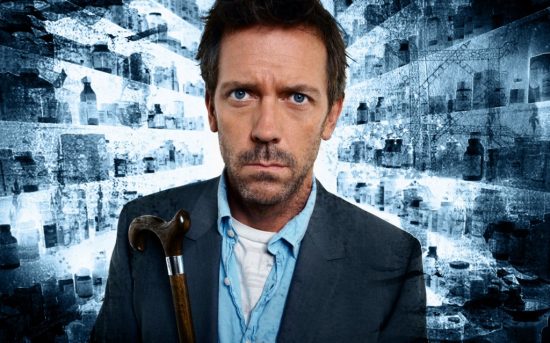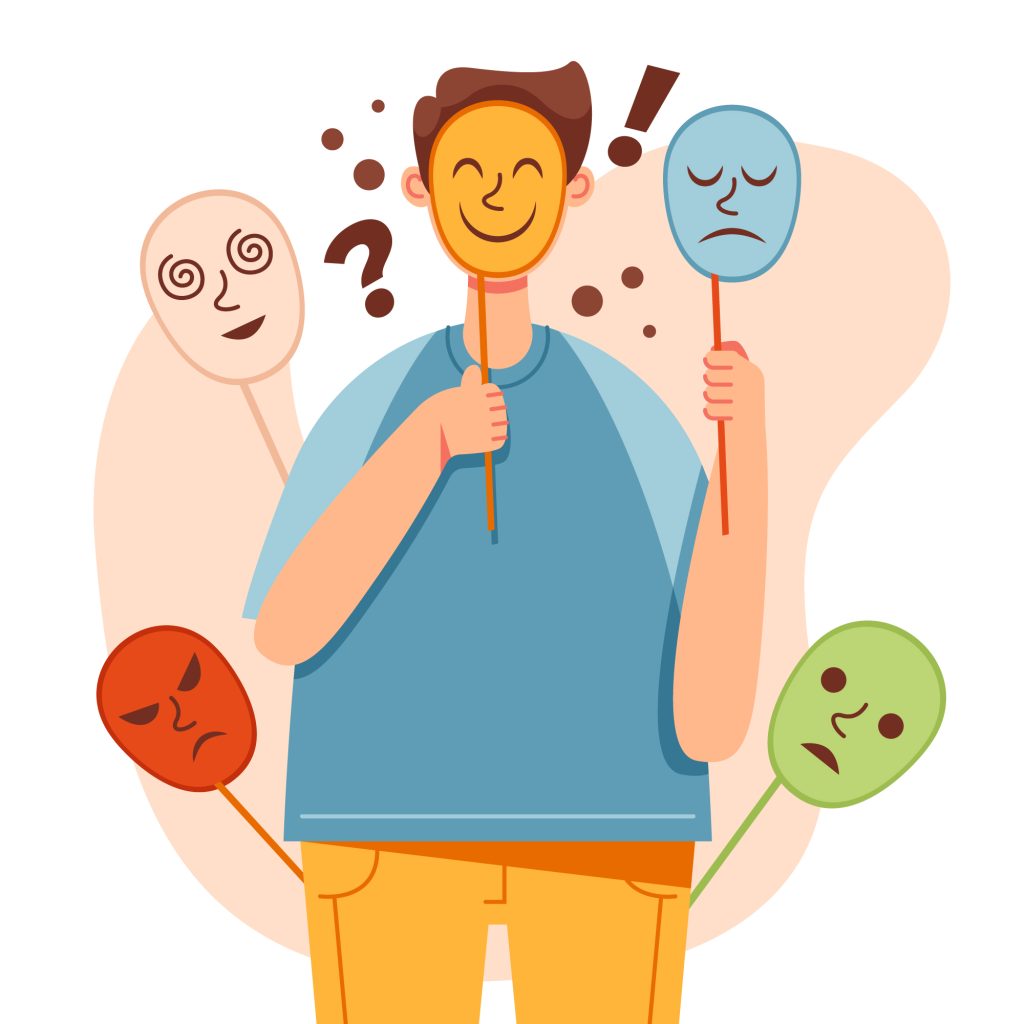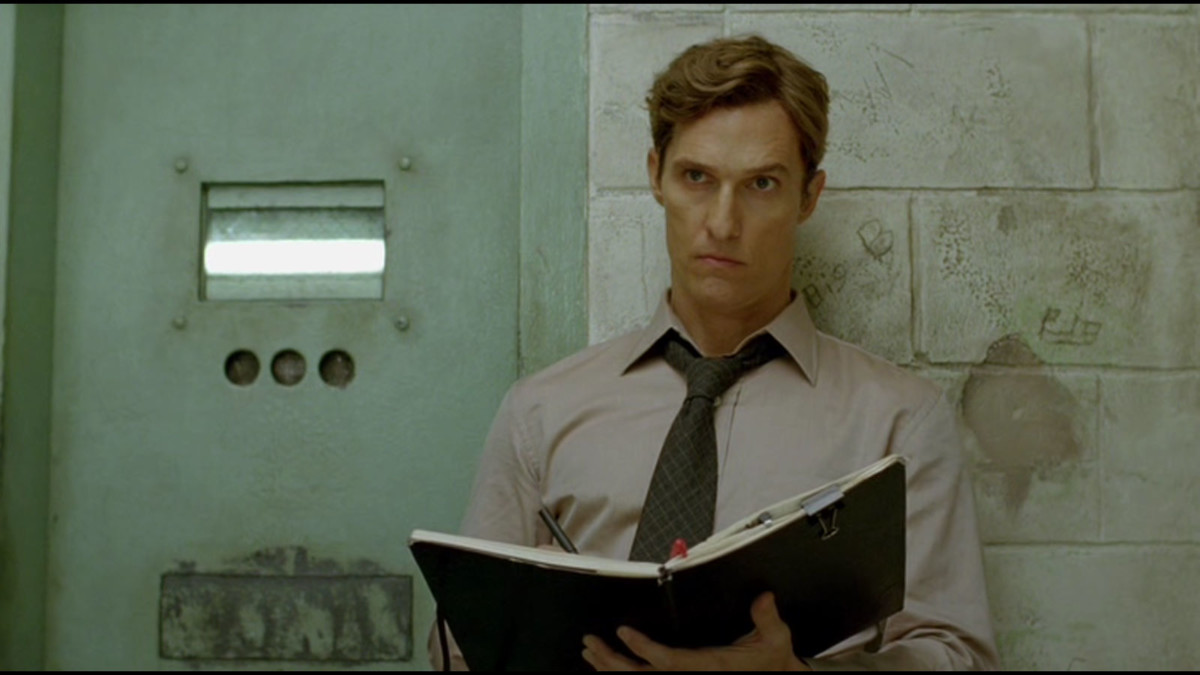
I am going to talk about the popular fictional character Dr. House from the hit medical drama series, House MD. Dr. House is an exceptional diagnostician by profession and is a great example of what behavior seems like when strong defenses are in action. House is known for his hallmark sarcasm through which he executes his defenses effortlessly leaving his patients confused, colleagues angry and close friends embarrassed.
Dr. House's Intellectualization Defense Mechanism: A Double-Edged Sword
An average day in Mr House’ life comprises of work at the fictional Princeton-Plainsboro Teaching Hospital where he is constantly seen engaging in Intellectualization: that is, focusing solely on information, facts and figures to solve his cases and to arrive at a diagnosis.
In Intellectualization, one tries to avoid facing unpleasant emotions and rather focuses exclusively on reason, logic or facts. For example, if you’re struggling with the problem of procrastination at work/college, rather than addressing the underlying feelings (demotivation or sadness) you might get into researching ‘scientifically’ the issue of procrastination, looking up statistics about it and so on.
This works for him because maintaining an emotional distance from the patients helps him look at them solely as a cluster of symptoms. The patients merely seem to be piece of a puzzle or an information-generating machine that will provide him feedback after a medical procedure has been conducted. Ultimately, it all helps speed up the process of arriving at an accurate diagnosis.
However, problems arise when Dr. House continues to use the defense while interacting with his patients. He prefers not to directly face them however when he does, it’s not a pleasant interaction. He seems rather insensitive in his approach and uses coercion and manipulation to make his patients abide by him. What causes most distress is the fact that House remains completely unapologetic and unaffected by the consequence of his conduct on people. Typical interactions between House and his patients look something like this:
Patient: “Oh wow. Oh thank God. Wow, I’m gonna be a mom. Whoa. Thank you so much, I gotta get you a gift or something.”
House: “Sometimes the best gift is the gift of never seeing you again.”
Patient: “Are you this rude to all your patients?
House: “Yes. Don’t think you’re special.”
Dr. House’s Use of Displacement as a Defense Mechanism

Displacement as a defense mechanism is used when one redirects an ‘unacceptable’ impulse/feeling/reaction onto a less threatening object. The simplest example would be the phenomenon of ‘kicking the dog’ : that is, if your boss was rude to you, and it made you really angry but since you weren’t able to get back at him, you’re likely to get home and vent your anger by kicking your dog – a relatively powerless object.
Dr. House spends a large amount of time at the hospital solving medical mysteries with a team of equally capable diagnosticians. However, he is often seen displacing his internal frustrations (of not finding an answer to personal/professional questions) onto them by belittling them and needlessly pointing out their weaknesses during case discussions through sarcastic dialogues like the ones below. This creates a rather hostile work environment and a wall between him and his team- mates which again, serve to maintain an emotional distance from his colleagues as well.
Cameron (Cameron is a team mate updating House about a patient): “Brandon’s not ready for surgery…”
House: OK, let’s leave it a couple of weeks. He should be feeling better by then. Oh wait, which way does time go?”
Chase (Chase is a team mate expressing his view on a case): “I’d give her a day. Two days at the most.”
House: “Great. You be the clock. Everyone else will be the doctors.”
The Defense Mechanism of Reaction Formation

Dr. House seemed to have genuine feelings towards two women Stacy and Dr. Cuddy. Though, both the relationships began on a positive note, House’s overwhelming anxieties made him react defensively to create a distance, which ended the relationships abruptly making both partners feel unable to cope with his unpredictable and cynical nature. He is constantly seen in conflict with both Stacy and Cuddy, with interactions filled with arguments. Here, House is using a defense called reaction formation.
When certain emotions/impulses are seen as anxiety-inducing or threatening to the conscious mind, the psyche employs the use of Reaction Formation – wherein, the impulses manifest as the direct opposite of their true nature. For example, if it is difficult for you to accept that you have a crush on someone, then you might start feeling/expressing intense anger/dislike toward that person.
House thus expresses the exact opposite feelings overtly to what he genuinely feels within. He is seen using this mechanism with his patients as well. Though, he might appear rude and brash on the outside he has a genuine desire to cure his patients.
Dr. House's Defense Mechanisms: Unpacking the Roots of His Unconventional Behavior
Due to his overt behavior, Dr. House comes across as someone displaying sociopathic tendencies. He seems to be this bitter, grumpy, cynical middle- aged man filled with pride lacking the ability to empathize and care about others. This however might not be very accurate. He does have strong emotions and cares about his patients, his close friends and colleagues, but the expression of it lasts for few seconds after which his defenses take over.
Dr. House’ excessive use of defenses thus, seems to be a strategy he developed early on in life to deal with his strong overwhelming anxieties and fears. He appears to want to distance himself from anything that will trigger an emotional reaction and in the process remain detached to everything that might lead to attachments and the possibility of getting hurt. This might be a direct consequence of his childhood, which featured a punitive father and a distant mother who brought up House in a rather unstable environment.
He did not develop a secure attachment to either of them, as they were unable to provide him the safe/ secure environment for optimum psychological and emotional growth. He further developed trust issues, which till date comes in his way of forming strong romantic bonds.
In therapy, practitioners come across clients using excessive primitive defenses in an attempt to deal with their past/ present realities and strong emotions that go with it. Gradually the defenses become so ingrained, that the individuals start losing touch with their authentic selves, which brings immense distress. This is true for Dr. House as well. He always seems in the defensive mode except for the time he is on his own.
Though he excels at his work, he has a rather unsatisfying personal life which bothers him. Having been unable to deal with his past adequately, to break his patterns and to express his true self, he struggles till the end of the series – with learning to be okay with emotional intimacy.
Image Credit: NBC Universal Television Distribution (This image is used under the Fair Use Policy, as it is part of a free, online blog and is not being used to sell any product or service.)
About the Author
This article was written by Gitali Chatterji, Counselor at Inner Space. This post was consulted & approved by professional therapists practicing online therapy and counseling.
Ask a Therapist
If you are interested to know more about defense mechanisms and other mental health topics, ‘Ask A Therapist’ is a platform for you to ask your questions related to Mental Health, Mindfulness & Emotional Well-Being to our team of qualified Therapists.





